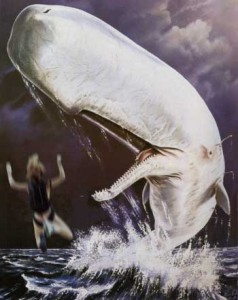Nancy J. Cohen
Recently I heard that the new core curriculum in schools is going to require 70% of reading assignments be based on non-fiction. I don’t know if this is true or not, as a quick search didn’t provide me with any further information. Nor do I know the grade level for which this would apply. However, it’s a scary thought.
Schools have already stopped requiring students from learning cursive writing. Now they are discarding literature as well?
I’ve always felt education should include popular fiction, in addition to the classics. Let kids choose fun and entertaining books to read, and you might create long-term fans. After all, the commercial fiction of today could become the classics of tomorrow. And look what Harry Potter did for kids’ reading habits. Thanks to that series, a whole generation might have been hooked on reading novels. We need more successes like this one if we are to inspire children to read.
Rather than a wordy tome or dry biography, give them a ghost story or vampire tale or a mystery. Engage their senses with wonder like we were engaged reading Nancy Drew or the Hardy Boys. Otherwise, where’s the fun? And if an activity isn’t fun for kids, then it’s competing with online sites, games, movies and TV shows that provide easier entertainment.
Having children read a work of fiction and then analyze its components can encourage creative and analytic thinking. Without this benefit, will human imagination still range to other stars, to lands far away, and to adventures beyond the mundane? Or will these same imaginations be stifled because works of fiction were denied them, and they were forced to read boring texts that killed their interest in reading?
So is this true, and if so, how do you feel about it?




